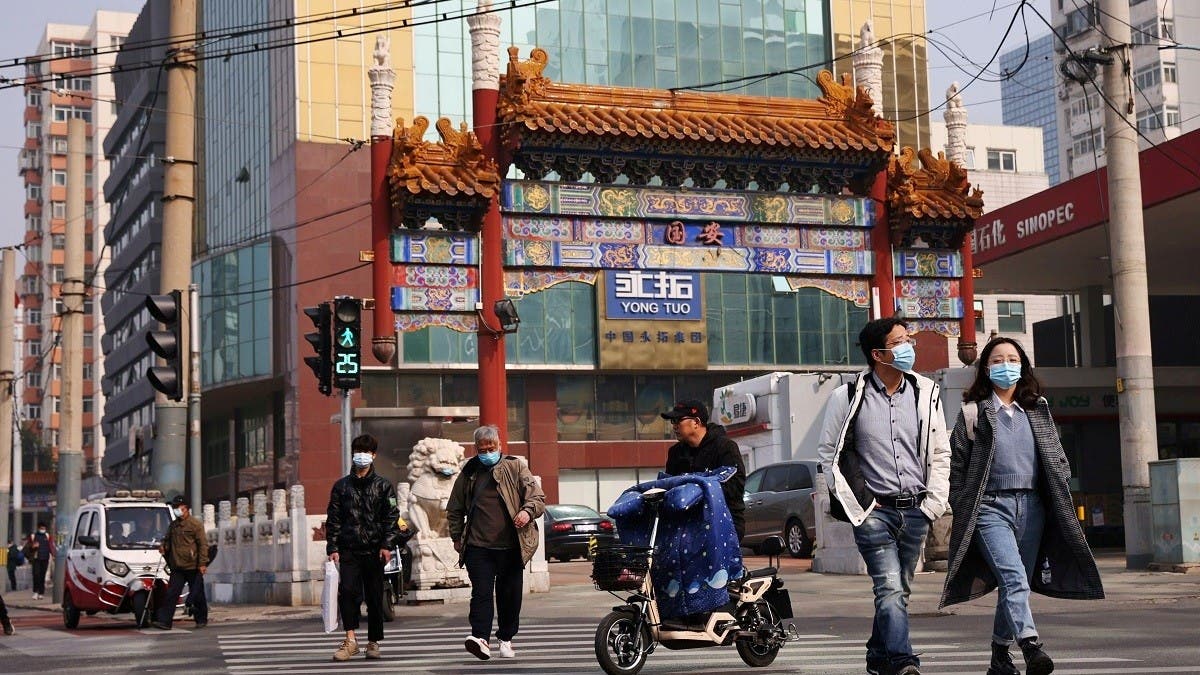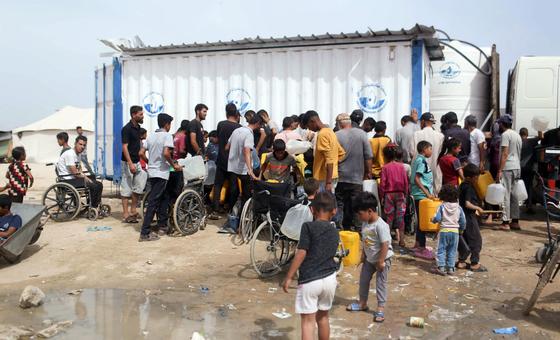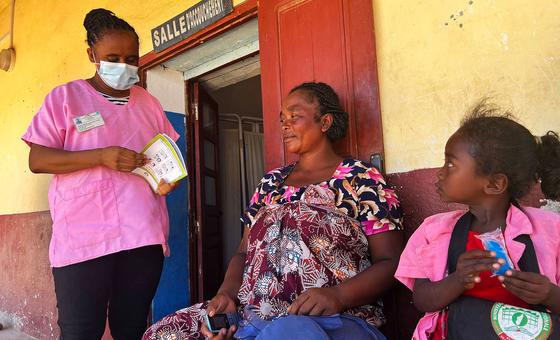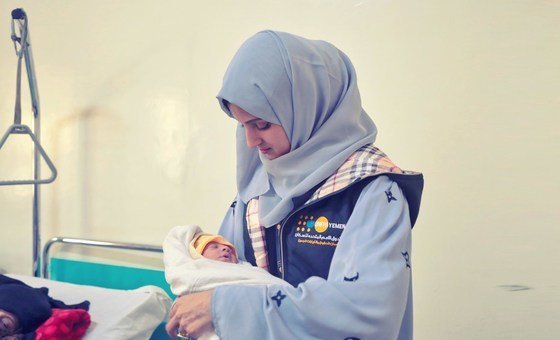Millions of people in Beijing returned to work Thursday, many remotely, with scores of subway stations shut after a national holiday muted by the coronavirus curbs.
For the latest headlines, follow our Google News channel online or via the app.
Chinese authorities have pressed on with their zero-COVID policy involving lockdowns and mass testing as they battle the biggest outbreak since the early days of the pandemic, with entire neighborhoods in the capital sealed over handfuls of infections.
Beijing reported 50 local virus cases on Thursday, a day after it said people in its most populous district Chaoyang should work from home.
Those in the area, home to around 3.5 million, who need to visit their offices were encouraged to drive themselves and avoid gatherings.
Another Beijing district Tongzhou has also encouraged residents to work at home, while dozens of subway stations across the city remained closed.
Some employees were seen returning to their buildings on Thursday in Chaoyang, scanning their health codes that permit entry to venues.
Beijing is treading cautiously after an extended lockdown in Shanghai, China’s largest city, led to food shortages and public anger.
Shanghai — the epicenter of the latest outbreak — reported more than 4,600 mostly asymptomatic infections on Thursday.
The moves followed an unusually quiet Labor Day holiday, with the capital banning dining at restaurants and shutting down gyms.
Domestic tourism revenues over the five-day break were down by more than 40 percent from a year ago, according to official data.
More than 40 cities in China were implementing full or partial lockdowns, or measures restricting mobility as of May 3, according to Nomura estimates.
Key cities such as Hangzhou and Beijing have also ordered more regular Covid testing.
Some curbs were being loosened, however, with Beijing announcing Wednesday that international travelers can be released from quarantine after 10 days in a centralized facility and a week of home isolation, down from a total of 21 days.
This was based on the characteristics of the Omicron virus variant, government spokesman Xu Hejian told reporters, pointing to a shorter incubation period and usually milder symptoms.
Close contacts of confirmed cases will also have a shorter centralized quarantine, officials said.
Read more:
Beijing closes dozens of subway stations as COVID-19 curbs tighten
Beijing tightens COVID-19 restrictions as long holiday begins
Beijing residents panic buy as district undergoes mass testing for COVID-19

 World2 years ago
World2 years ago
 World2 years ago
World2 years ago
 Entertainment7 years ago
Entertainment7 years ago
 World7 years ago
World7 years ago
 Entertainment7 years ago
Entertainment7 years ago






